How Charlie Munger Helped Create Berkshire Hathaway, and Warren Buffett
Munger's passing reminds us that Berkshire Hathaway is much more than the value of its stock holdings.

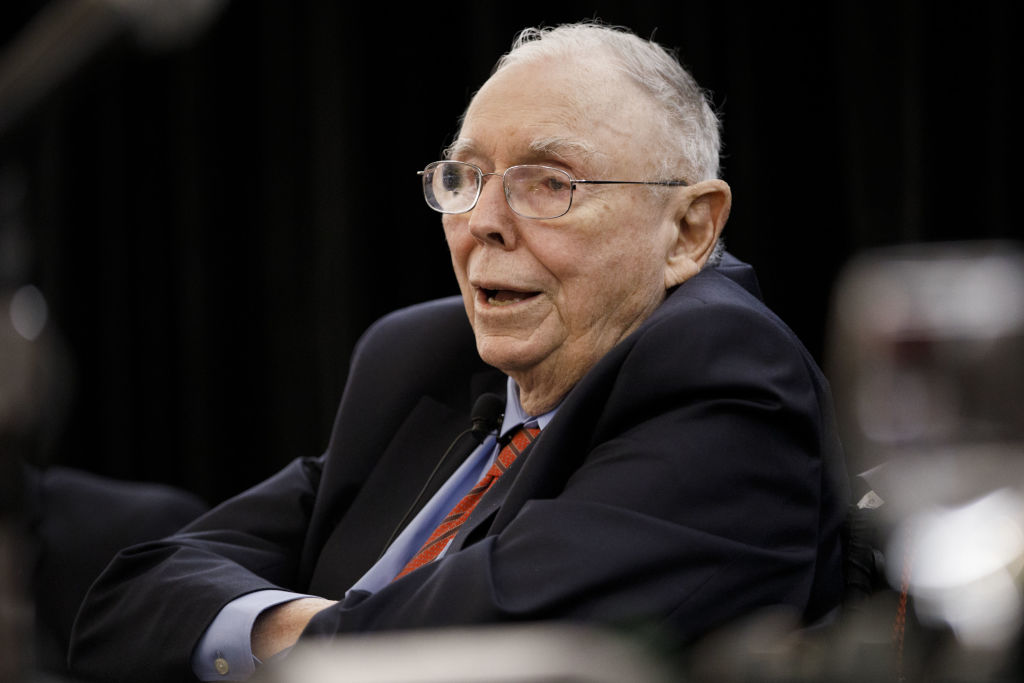
Profit and prosper with the best of Kiplinger's advice on investing, taxes, retirement, personal finance and much more. Delivered daily. Enter your email in the box and click Sign Me Up.
You are now subscribed
Your newsletter sign-up was successful
Want to add more newsletters?

Delivered daily
Kiplinger Today
Profit and prosper with the best of Kiplinger's advice on investing, taxes, retirement, personal finance and much more delivered daily. Smart money moves start here.

Sent five days a week
Kiplinger A Step Ahead
Get practical help to make better financial decisions in your everyday life, from spending to savings on top deals.

Delivered daily
Kiplinger Closing Bell
Get today's biggest financial and investing headlines delivered to your inbox every day the U.S. stock market is open.

Sent twice a week
Kiplinger Adviser Intel
Financial pros across the country share best practices and fresh tactics to preserve and grow your wealth.

Delivered weekly
Kiplinger Tax Tips
Trim your federal and state tax bills with practical tax-planning and tax-cutting strategies.

Sent twice a week
Kiplinger Retirement Tips
Your twice-a-week guide to planning and enjoying a financially secure and richly rewarding retirement

Sent bimonthly.
Kiplinger Adviser Angle
Insights for advisers, wealth managers and other financial professionals.

Sent twice a week
Kiplinger Investing Weekly
Your twice-a-week roundup of promising stocks, funds, companies and industries you should consider, ones you should avoid, and why.

Sent weekly for six weeks
Kiplinger Invest for Retirement
Your step-by-step six-part series on how to invest for retirement, from devising a successful strategy to exactly which investments to choose.
Business partners for nearly 50 years and friends for longer, Charlie Munger was probably one of the few people on the planet who felt comfortable telling Warren Buffett, the greatest investor of all time with $120 billion in personal wealth to prove it, that he was wrong.
Munger, vice chairman of Berkshire Hathaway (BRK.B), died on Nov. 28, just a month shy of his 100th birthday. Already rich by the time he joined Buffett at Berkshire in the mid-70s, Munger possessed the wealth – and had the temperament – to be the opposite of a yes man. And BRK.B shareholders are all very much richer for it.
Just ask Warren Buffett himself. He's the first to admit that he couldn't have done it without Munger, who saved him from many an ill-conceived move. Indeed, Munger shot down his ideas so frequently that Buffett called him the "Abominable No-Man."
From just $107.88 $24.99 for Kiplinger Personal Finance
Become a smarter, better informed investor. Subscribe from just $107.88 $24.99, plus get up to 4 Special Issues

Sign up for Kiplinger’s Free Newsletters
Profit and prosper with the best of expert advice on investing, taxes, retirement, personal finance and more - straight to your e-mail.
Profit and prosper with the best of expert advice - straight to your e-mail.
Buffett has said that Munger changed his thinking in profound ways, instilling in him a relentless focus for buying "wonderful companies at fair prices, rather than fair companies at wonderful prices."
Munger's upbringing during the Great Depression naturally informed his view of what constituted a good price. As a teenager in the 1930s, he worked in a grocery store for 20 cents an hour. Adjusted for inflation, that's around four-and-a-half bucks an hour today, which is still a terrible wage. Munger said he never intended to get rich. "I wanted to get independent," he explained. "I just overshot!"
Munger: The big money is in the waiting
Already being rich and independent no doubt helped even the playing field for Munger when he agreed to become Buffett's second banana. And for whatever reasons, they always had tremendous chemistry. Buffett's folksy, optimistic style perfectly complemented Munger's acerbic, more skeptical view of things. We'll never know what blunders Munger helped Buffett avoid – or which opportunities only the two, working together, could see and then seize – but suffice to say Berkshire wouldn't be Berkshire without Munger. It follows that Buffett wouldn't be Buffett without Munger, either.
Berkshire Hathaway stock has famously clobbered the broader market for decades. That's why people call Warren Buffett the greatest long-term investor of all time. At Kiplinger, we naturally like to focus on stocks Warren Buffett is buying and selling, as well as the broader Berkshire Hathaway equity portfolio.
Munger's passing reminds us that Berkshire Hathaway is much more than the value of its stock holdings.
Buffett is thought to manage about 90% of Berkshire's equity portfolio, with co-managers Ted Weschler and Todd Combs handling the remaining 10%. Presumably Buffett consulted Munger when handling his end of the portfolio, but it's important to remember roughly half of the company's value stems from its scores and scores of wholly owned subsidiaries and other ventures.
These were the deals – the supreme decisions of how to allocate Berkshire's capital – in which having Munger around really paid off. Buying a railway operator for $26 billion, as Berkshire did with BNSF in 2010, is not something anyone should do lightly.
It's also important not to let a massive and growing cash pile tempt you to do something stupid, like overpay for acquisitions. Buffett has bemoaned for years the lack of "whale-sized" acquisition targets, even as Berkshire's cash pile swells. Sitting on the sidelines, while waiting for lower prices, that's Munger's DNA, and it will serve any investor well:
Buy wonderful, well-managed businesses (or stocks in such companies) at great prices – and then have the patience to let these productive businesses (and their share prices) grow.
As Munger always stressed, "the big money is not in the buying or selling, but in the waiting."
Related Content
Profit and prosper with the best of Kiplinger's advice on investing, taxes, retirement, personal finance and much more. Delivered daily. Enter your email in the box and click Sign Me Up.

Dan Burrows is Kiplinger's senior investing writer, having joined the publication full time in 2016.
A long-time financial journalist, Dan is a veteran of MarketWatch, CBS MoneyWatch, SmartMoney, InvestorPlace, DailyFinance and other tier 1 national publications. He has written for The Wall Street Journal, Bloomberg and Consumer Reports and his stories have appeared in the New York Daily News, the San Jose Mercury News and Investor's Business Daily, among many other outlets. As a senior writer at AOL's DailyFinance, Dan reported market news from the floor of the New York Stock Exchange.
Once upon a time – before his days as a financial reporter and assistant financial editor at legendary fashion trade paper Women's Wear Daily – Dan worked for Spy magazine, scribbled away at Time Inc. and contributed to Maxim magazine back when lad mags were a thing. He's also written for Esquire magazine's Dubious Achievements Awards.
In his current role at Kiplinger, Dan writes about markets and macroeconomics.
Dan holds a bachelor's degree from Oberlin College and a master's degree from Columbia University.
Disclosure: Dan does not trade individual stocks or securities. He is eternally long the U.S equity market, primarily through tax-advantaged accounts.
-
 Quiz: Do You Know How to Avoid the "Medigap Trap?"
Quiz: Do You Know How to Avoid the "Medigap Trap?"Quiz Test your basic knowledge of the "Medigap Trap" in our quick quiz.
-
 5 Top Tax-Efficient Mutual Funds for Smarter Investing
5 Top Tax-Efficient Mutual Funds for Smarter InvestingMutual funds are many things, but "tax-friendly" usually isn't one of them. These are the exceptions.
-
 AI Sparks Existential Crisis for Software Stocks
AI Sparks Existential Crisis for Software StocksThe Kiplinger Letter Fears that SaaS subscription software could be rendered obsolete by artificial intelligence make investors jittery.
-
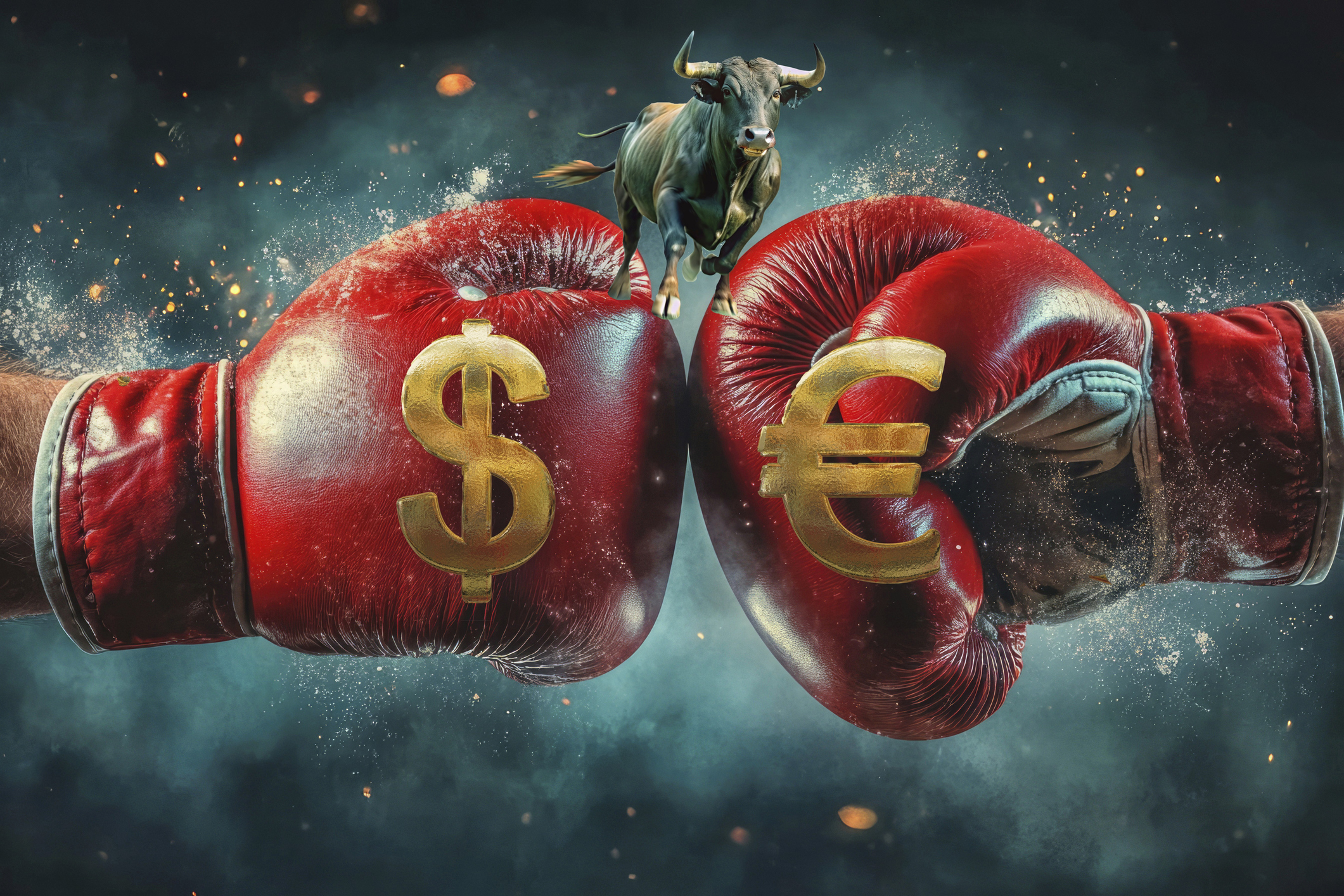 Dow Soars 588 Points as Trump Retreats: Stock Market Today
Dow Soars 588 Points as Trump Retreats: Stock Market TodayAnother up and down day ends on high notes for investors, traders, speculators and Greenland.
-
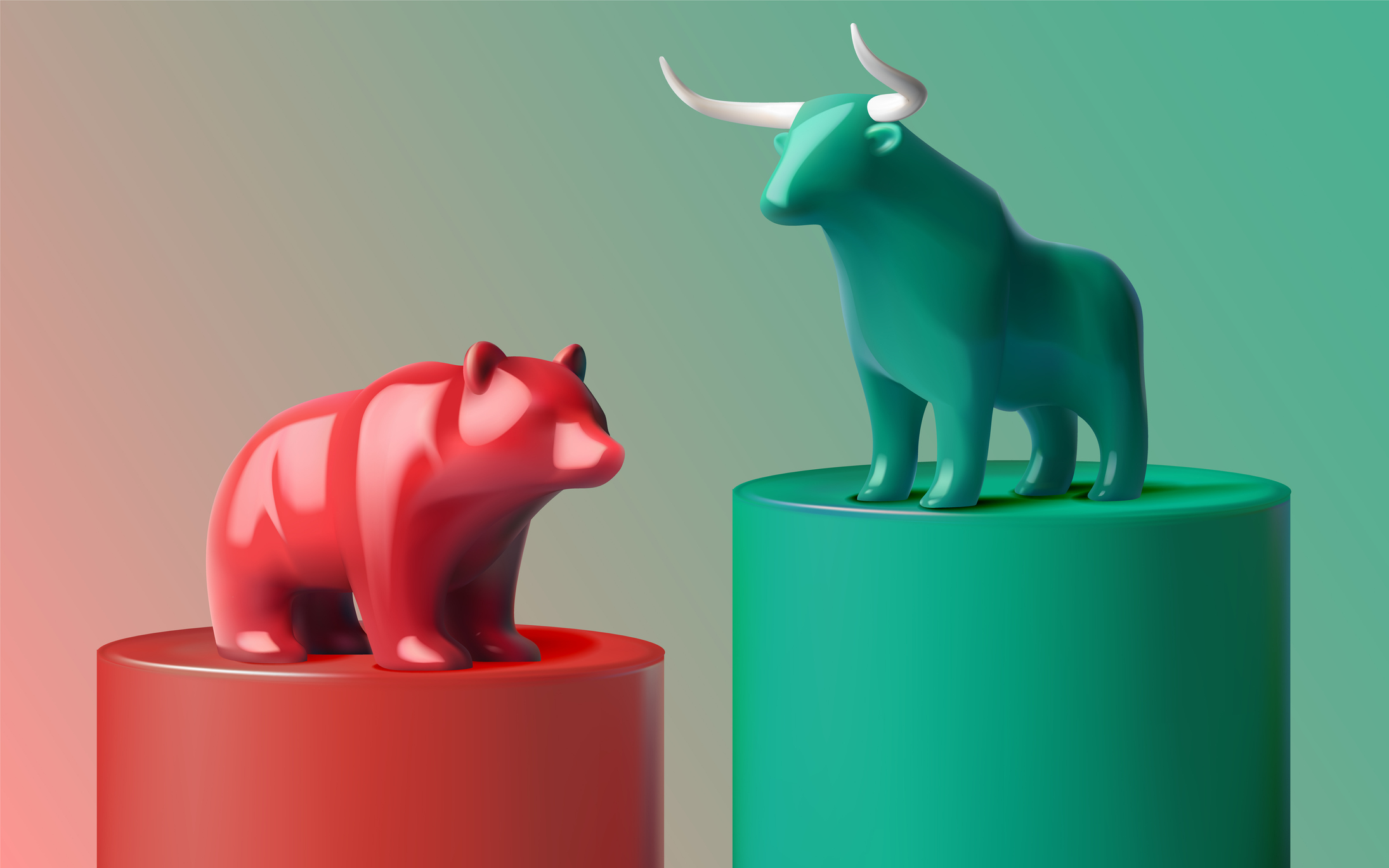 Stocks Struggle for Gains to Start 2026: Stock Market Today
Stocks Struggle for Gains to Start 2026: Stock Market TodayIt's not quite the end of the world as we know it, but Warren Buffett is no longer the CEO of Berkshire Hathaway.
-
 Risk Is On Again, Dow Jumps 381 Points: Stock Market Today
Risk Is On Again, Dow Jumps 381 Points: Stock Market TodayThe stock market started the week strong on signs the government shutdown could soon be over.
-
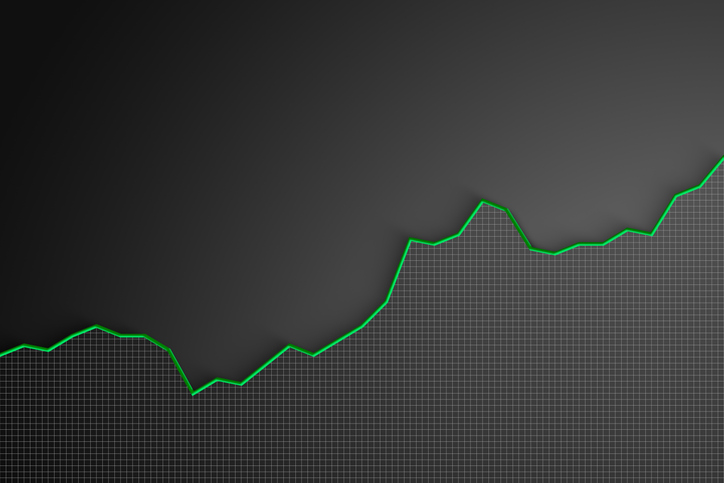 Stocks at New Highs as Shutdown Drags On: Stock Market Today
Stocks at New Highs as Shutdown Drags On: Stock Market TodayThe Nasdaq Composite, S&P 500 and Dow Jones Industrial Average all notched new record closes Thursday as tech stocks gained.
-
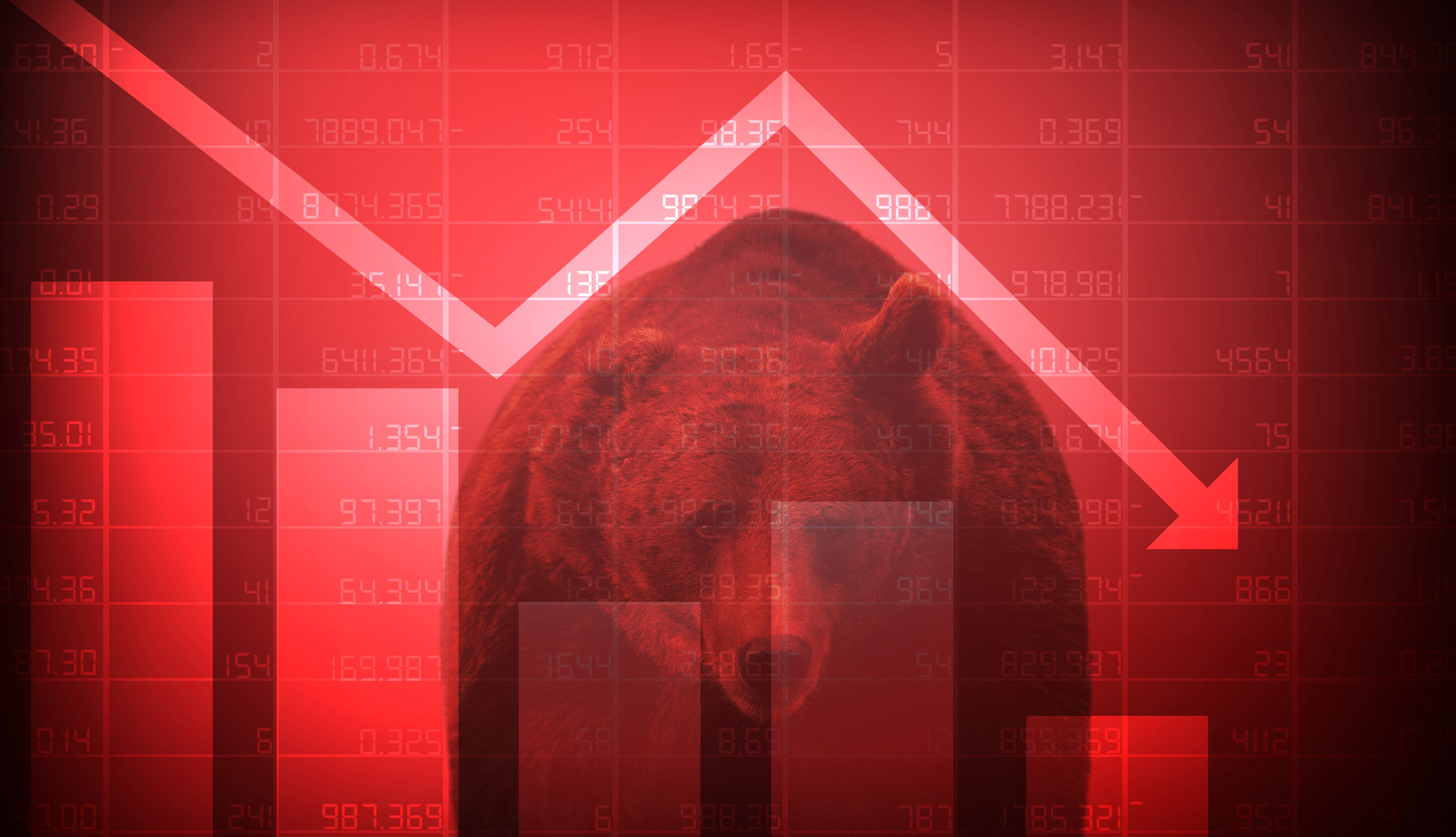 Stocks Slide to Start September: Stock Market Today
Stocks Slide to Start September: Stock Market TodaySeasonal trends suggest tough times for the stock market as we round into the end of the third quarter.
-
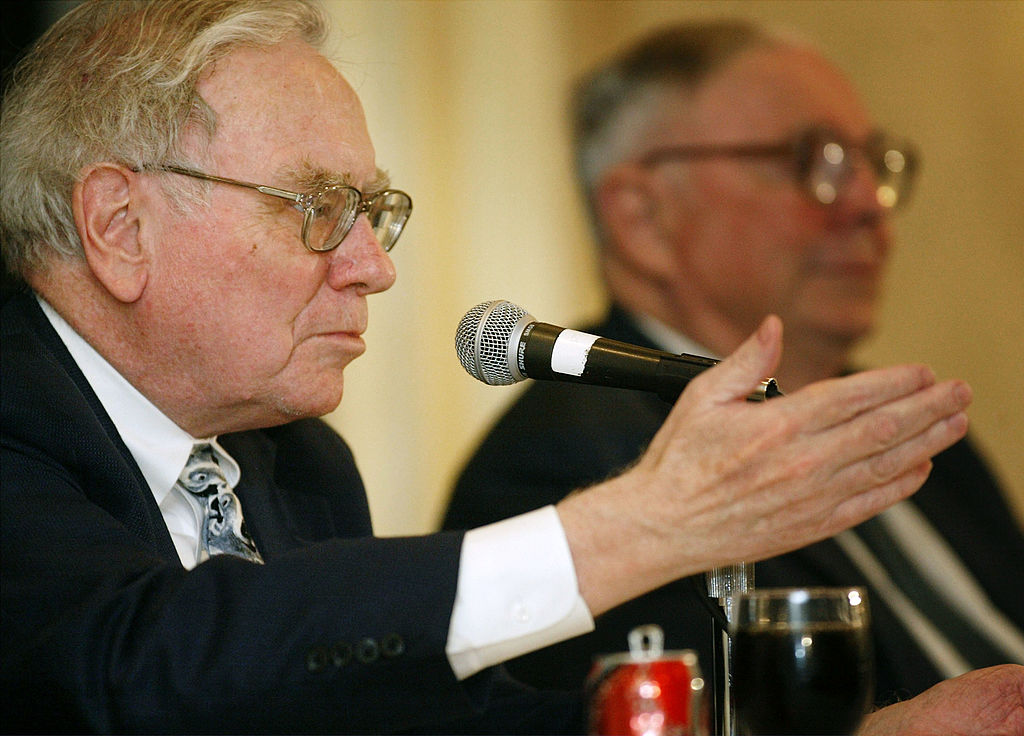 9 Warren Buffett Quotes for Investors to Live By
9 Warren Buffett Quotes for Investors to Live ByWarren Buffett transformed Berkshire Hathaway from a struggling textile firm to a sprawling conglomerate and investment vehicle. Here's how he did it.
-
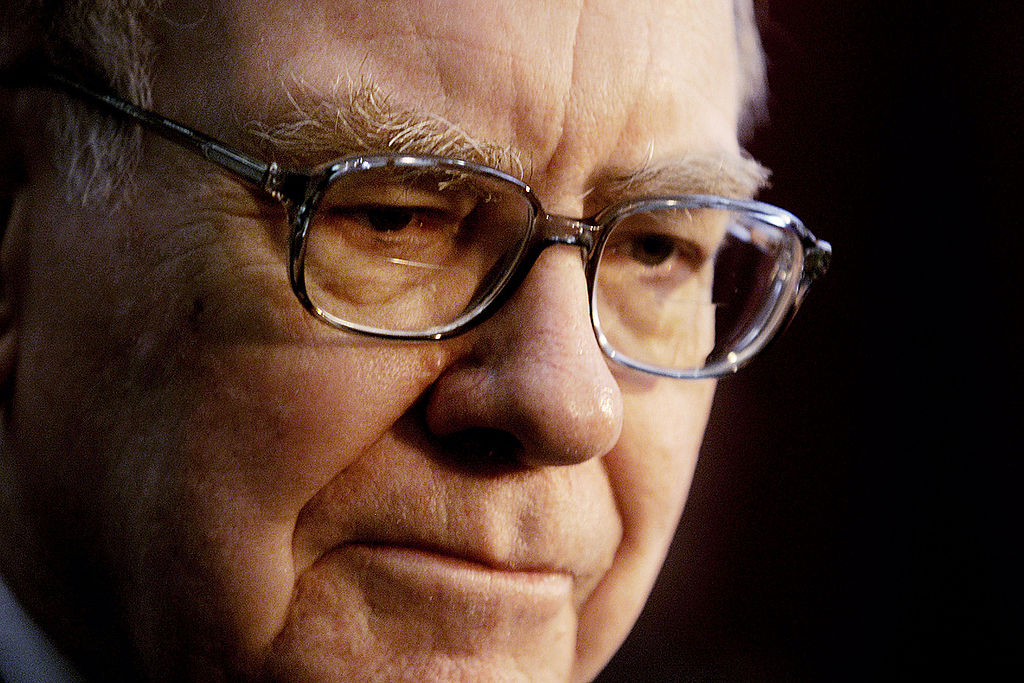 A Timeline of Warren Buffett's Life and Berkshire Hathaway
A Timeline of Warren Buffett's Life and Berkshire HathawayBuffett was the face of Berkshire Hathaway for 60 years. Here's a timeline of how he built the sprawling holding company and its outperforming equity portfolio.
-
 Berkshire Buys the Dip on UnitedHealth Group Stock. Should You?
Berkshire Buys the Dip on UnitedHealth Group Stock. Should You?Buffett & Co. picked up UnitedHealth stock on the cheap, with the embattled blue chip one of the newest holdings in the Berkshire Hathaway equity portfolio.